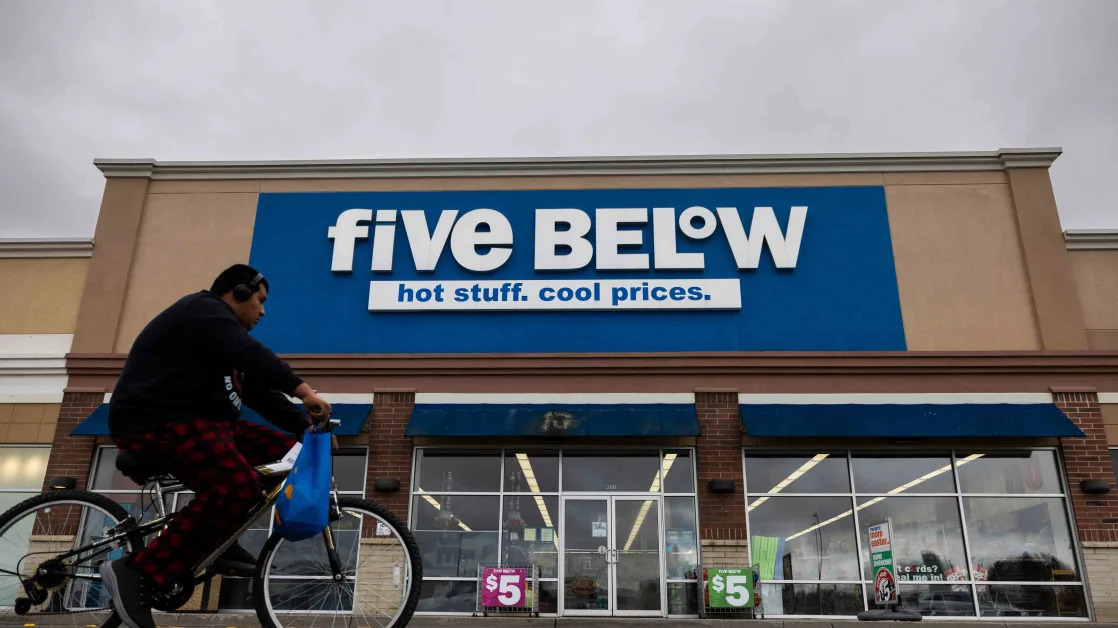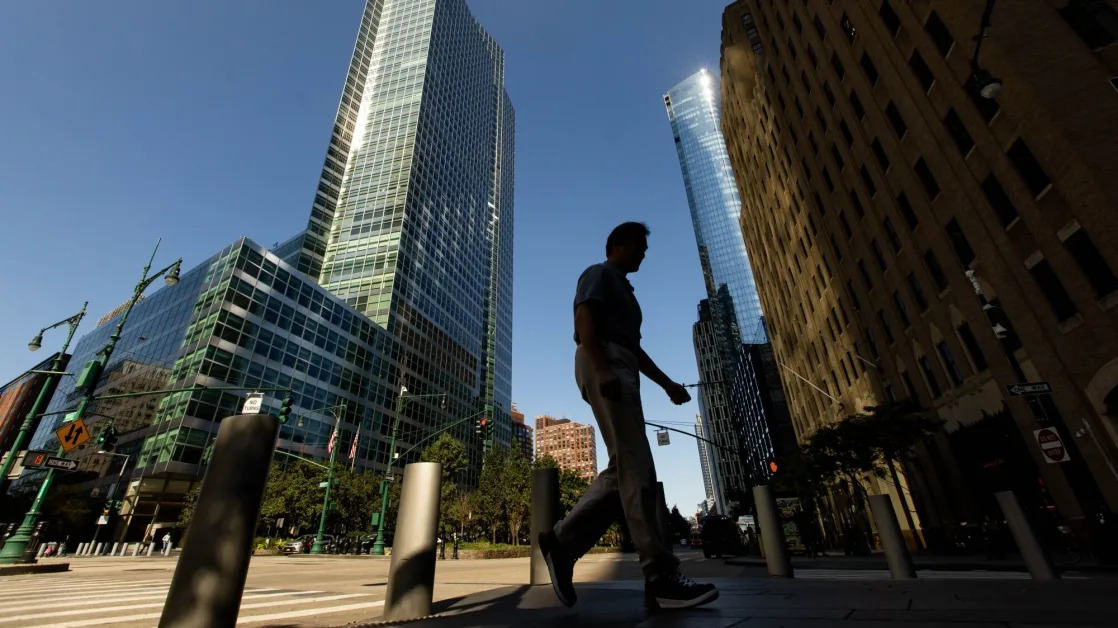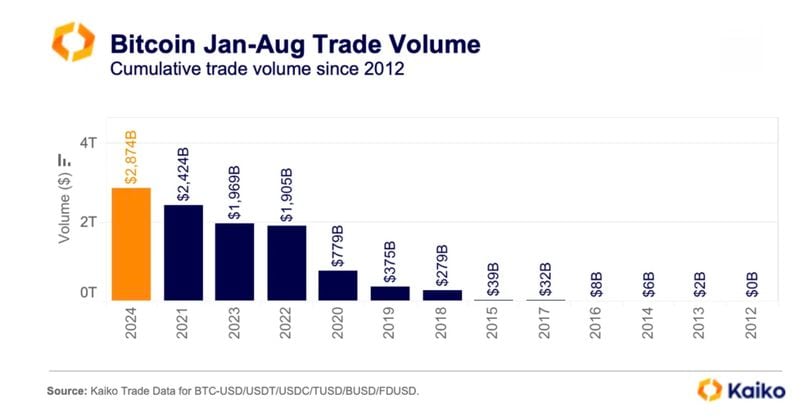This story was originally published on HR Dive . To receive daily news and insights, subscribe to our free daily HR Dive newsletter .
U.S. job seekers are split on whether the labor market will heat up or cool down in 2025, with 33% predicting a decline in jobs in their desired fields, 29% foreseeing an increase, and 38% reporting the same number of opportunities, according to a Jan. 8 report from Express Employment Professionals.
Job seekers feel divided about other aspects of the job hunt as well. While 51% said they’re optimistic about finding a job easily in the next six months, 49% said they anticipate difficulties.
“Navigating the job market in 2025 requires resilience and adaptability,” Bill Stoller, CEO of Express Employment International, said in a statement. “As job seekers face a dynamic landscape, those who remain proactive and open to continuous learning will find opportunities even in uncertain times.”
In a survey of more than 1,000 U.S. adults, 61% of job seekers said they believe they’ll find a new job within six months, declining from 66% in spring 2024 and 69% in fall 2023.
Employed job seekers said they’re looking for a new role to find better compensation, growth opportunities and improved work-life balance. Women were more likely than men to say they wanted a new job for better compensation or work-life balance.
Job seekers reported several barriers to employment, such as lacking hard or soft skills, applying to companies with job posts that are only collecting applications but not hiring, and being underqualified. Generation Z and millennial workers were more likely to report a lack of hard skills as a significant barrier.
A strong jobs report in December could signal a “soft landing” for the job market in 2025, though it’s not yet clear, economists said. While growth appears to be occurring across various sectors, other typical signals of strength are still slightly weak or in decline, they said, and new policies enacted by the incoming presidential administration will likely dictate what happens next.
For most Americans, job hopping drives career growth , rather than waiting on promotions, according to a Kickresume report. In an analysis of 1,250 active LinkedIn profiles, only 17% of workers were promoted by their current company in the past five years.
In job ads, many aspects can give job seekers the “ick” and turn them away , including references to hustle culture, a lack of salary information and minimal annual leave, according to a report from StandOut CV. On the other hand, they want to see qualification requirements and information about work hours, benefits and job titles.





